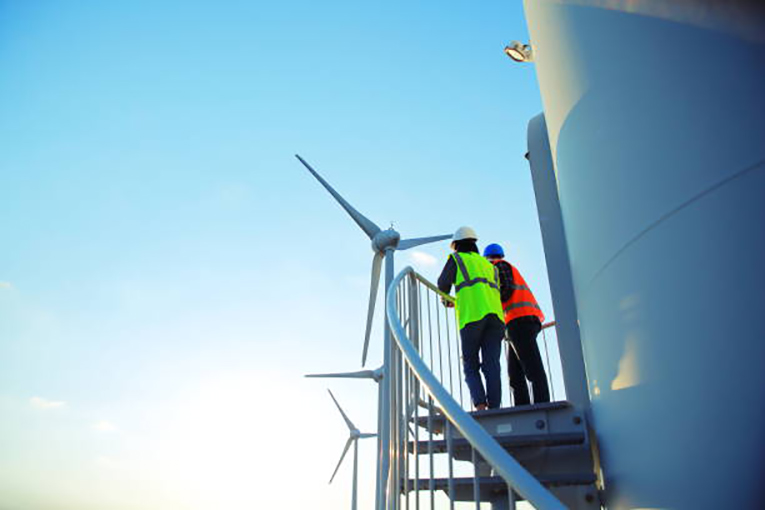Largest electric utility in Illinois, Commonwealth Edison Co (ComEd), recently announced that several training programs produced the highest number of energy graduates and energy jobs in 2020. Moreover, the utility noted the Future Energy Jobs Act enabled this training; particularly targeting underrepresented groups.
Read more of our news content, here; Petronas secures $7Bn LNG deal with CNOOC via Canada
About the training programs
Therefore, these training programs focused on increasing the representation of people of color, women, and other groups in Illinois’ clean energy workforce.
Moreover, this information is part of the recent annual report of ComEd on training programs funded by the Future Energy Jobs Act (FEJA); indeed, this report was submitted to the Illinois Commerce Commission.
Accordingly, the report showed 94% of trainees, or 684, graduated and secured energy jobs employment; in fact, up from 72%, or 433, in 2019.
Reception
In this sense, ComEd CEO Joe Dominguez said in a media release; “Trainers and participants demonstrated remarkable dedication to stay on course. Also, to achieve their goals last year despite the unprecedented challenges of the pandemic.”
Additionally, “social service agencies, industry, and community groups are opening doors to new clean energy jobs for members of underrepresented groups. In this way, the program has established high standards and is delivering on its promises.”
Worth noting, the training programs will continue to run through 2029. Besides, they will have the support of US$10 million in funding periods. Indeed, the first installment was made in 2017; on the other hand, future payments are scheduled to be completed in 2021 and 2025.
Helping train the clean energy jobs of the future
Enacted in 2016, FEJA allows ComEd to connect with partner social service agencies, or grantees, who conduct the training. Hence, trainees can graduate from one of three programs: the Solar Pipeline, the Craft Apprenticeship led by the International Brotherhood of Electrical Workers (IBEW) Renewable Energy Fund, or the Multicultural Job Training program.
Notably, the 2020 graduates accepted a broad range of positions and promotions; for instance, including solar panel installers and technicians, energy brokers, site surveyors, and training instructors.
Accordingly, the 728 participants in 2020 included 459 people of color and 129 women.
Particularly, the Solar Pipeline program had 113 trainees, and 85% of those eligible were offered energy jobs after completing solar bootcamp. Also, after finishing lessons in power industry skills, alternative energy, OSHA regulations, financial literacy, math, and career guidance.
Overcoming challenges
Importantly, Elevate Energy, Illinois Central College, OAI Inc., and Safer Foundation provided the training.
Lastly, it is worth noting that the FEJA training programs overcame numerous challenges stemming from the pandemic. For instance, In mid-March, Illinois’ shelter-in-place orders required FEJA grantees to close their physical locations temporarily. Thus, NLEI partnered with Comcast to provide computers and internet access, and HACIA implemented computer training.


